Permits and licenses
Licensing in Texas can seem like a daunting task, but the state government has made efforts to make the process as streamlined as possible.
The first step is to file tax registration. All business that have employees, including partnerships and corporations, must have an Employer Identification Number (EIN) or Tax ID from the Internal Revenue Service. (IRS) The form for this will sometimes be referred to as SS-4. Your business will also be required to obtain more specific licenses or permits for different tax reasons.
The general licenses that you’ll need vary vastly from business to business. The State of Texas has lists and a robust search function where you can find your specific needs.
Next, you’ll need local permits that vary based on city or county. Make sure to check with the city where you’ll operate for which permits are necessary in their jurisdiction.
It’s also necessary to consider how your business will operate; for example, corporations, limited liability companies, sole proprietorships, non-profits, and partnerships all need different application forms.
Foreign entities are organizations that were formed outside of the state of Texas and are governed by external laws. These organizations are sometimes referred to as out-of-state as well. Since your business was most likely formed in the Netherlands, you’ll have to register as such and will need to consider things such as the name of your business, fictitious name, and filing fees. Failure to do so may cause you to incur penalties from the State of Texas.
In addition to state permits, many types of businesses need federal permits. Those such businesses include nuclear energy, maritime transportation, mining and drilling, transportation and logistics, and aviation. A full list of types of businesses requiring federal registration can be found here.
Please feel free to contact the NBSO as well if you have any questions or want to be referred to a professional who can help you file business taxes, licenses, and permits.

